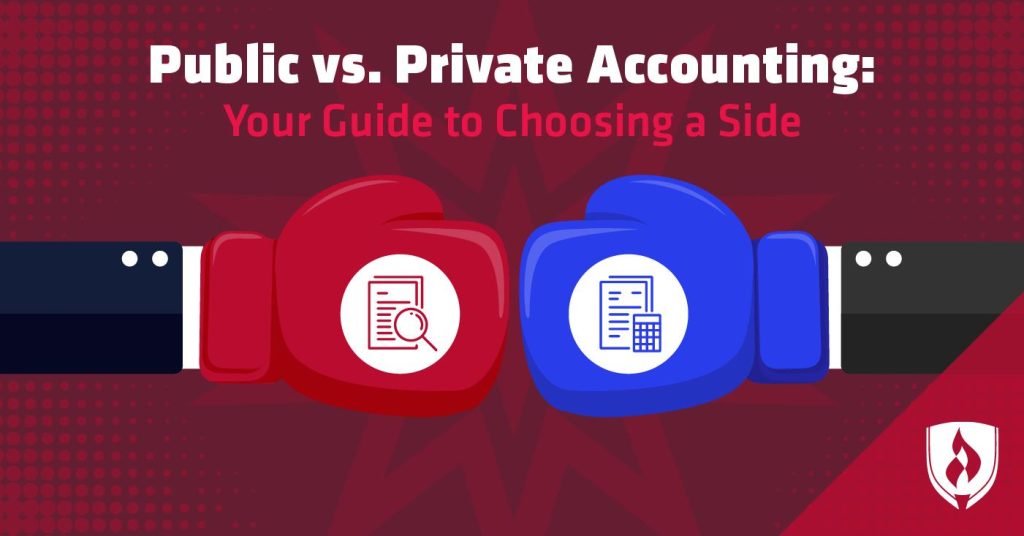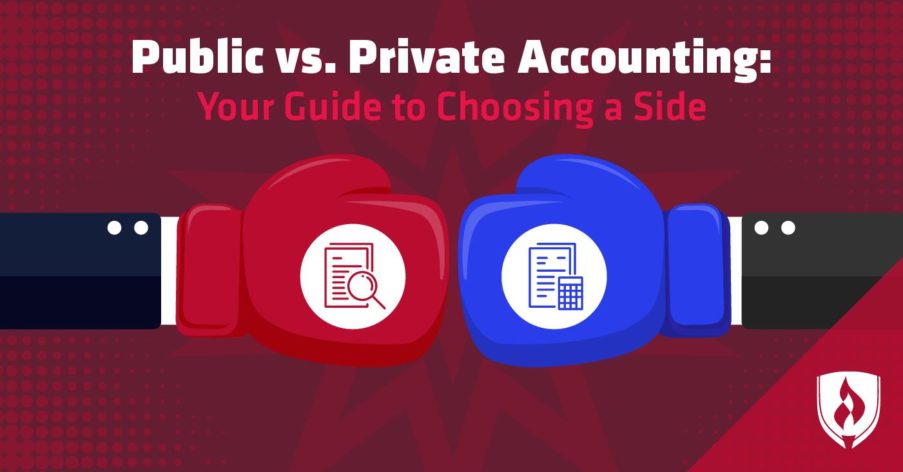Hiring a professional to manage your organization’s finances is pivotal to stay in accordance with federal mandates, ethical requirements, and keep business operations in check for the fiscal year.
Failing to properly manage the finances of your business could lead to the hemorrhaging of money, criminal laundering activities, and audits/penalties from the Internal Revenue Service (IRS).
If you’re looking for a professional to manage your finances, hiring an accountant is important. However, you may be asking yourself, “what’s the difference between a CPA and an accountant?”
The answer isn’t all too surprising. In this article, you’ll learn about the dichotomy of the two terms to make the best hiring decision for your company.
What is a CPA?
A certified public accountant (CPA) is a licensed financial advisor who has met the requirements and passed a standardized assessment to provide financial management services to the public.
In addition, CPAs must continually pursue further education to maintain the status of their certification. This ensures that CPAs are highly-knowledgeable and can maintain the performance and ethics when operating in an accounting position.
With that said, CPAs serve in the following positions:
- Business advisors
- Decision-makers
- Auditors
- Accounting consultants
- Tax consultants
So, what does a CPA do? Here are their main areas of expertise:
- Financial and Tax Planning – CPAs can assist individuals and companies with planning investments, mergers & acquisitions, financial planning, taxes, and so much more.
- Consulting – Government agencies, nonprofit organizations, financial institutions, universities, businesses, and individuals can utilize CPAs to gain objective foresight into both strategic and financial areas.
- Assurance – In addition to basic auditing, CPAs can help individuals and businesses gain further insight in specific niche areas.
- Forensic Accounting – CPAs can analyze the financial records of their clients to find evidence of criminal misconduct.
- International Accounting – As global commerce expands, CPAs that possess a deep understanding of international trade regulations are essential.
- Environmental Accounting – CPAs can use their expertise to conduct rigid analyses to maintain compliance with environmental regulations.
As you can see, CPAs are well-trusted by a wide array of various organizations. Now that you understand what a CPA does, let’s compare these professionals to accountants.
What is an Accountant?
An accountant is an individual who manages the finances or provides bookkeeping for a company. Unlike CPAs, anyone who provides these services can be called an accountant even without an accounting-related degree.
Though, accountants typically have an accounting-related degree and several years of experience. So, what does an accountant do? Much like a CPA, accountants perform the same tasks and operate in similar roles.
Therefore, the notion that accountants take on lesser roles and are generally less experienced is a misconception. This will be discussed in the following section.
CPA vs. Accountant
There seems to be a prevalent misconception that CPAs are a better fit for accounting jobs in small and large organizations. Why? People believe that since they are certified for major accounting tasks that they are more experienced.
This could not be further from the truth. To explain this, let’s create a scenario. Let’s say you’re a hiring manager and your company had an opening for a sales manager. In your inbox, you received two resumes: one from a person with a Master’s degree and another from an individual with 20 more years of experience than the other.
From a realistic standpoint, who do you choose? The logical answer would be to select a person with more experience. While education and certifications are important in many occupations, it still doesn’t directly define how effectively an employee will perform in a position.
Similarly, CPAs shouldn’t automatically have an edge over accountants just because of their certification. Thus, in the following section, you’ll learn how to choose the proper professional depending on your circumstances.
How to Select the Right Accountant
Ultimately, it does not matter whether you select a CPA or an accountant to manage your finances. At a basic level, you always choose a highly-experienced individual who has several years of experience with bookkeeping, auditing, and consultation.
To ensure that you are delegating your resources to hire the right professional, here are a few questions you need to ask?
- How many years of experience do you have in accounting?
- Can you provide any professional references?
- Which accounting platforms do you use? Which one do you prefer?
- How do you maintain accuracy in your service?
These are basic questions to ask prospective accountants during a formal interview. During a follow-up interview, your questions will need to become more extensive and detailed.
Click here to view a comprehensive list of interview questions for accounts.
Accountant FAQs
If you have more questions concerning this topic, consult the following frequently asked questions (FAQs).
When is it appropriate to do my own taxes?
- Never. The IRS estimates that it can take nearly 29 hours to research tax law, complete, and submit 1040 forms. If you run a large organization, the time to do this can be much longer. Obviously, you may not have the time to do your own taxes. It’s not wise to try to save money by doing your taxes on your own. Doing so can lead to errors and omissions, which can result in an audit from the IRS. The most simple and practical thing to do is hire an accountant to handle your taxes.
Should I consult an accountant when I start a new business?
- Yes. You should consult an accountant to discuss the tax structure of your business. Without their expertise, you could be making illegal and financially harmful decisions for your business.
Give Us a Call Today!
Do you want to receive the accounting expertise from an accountant with over 35 years of experience? Do you need tax filing, bookkeeping, accounting, and coaching services to help your business achieve its maximum financial performance?
If so, give us a call at (980) 202-7283 to learn more about how we can help your business grow.




 Add to Calendar
Add to Calendar






